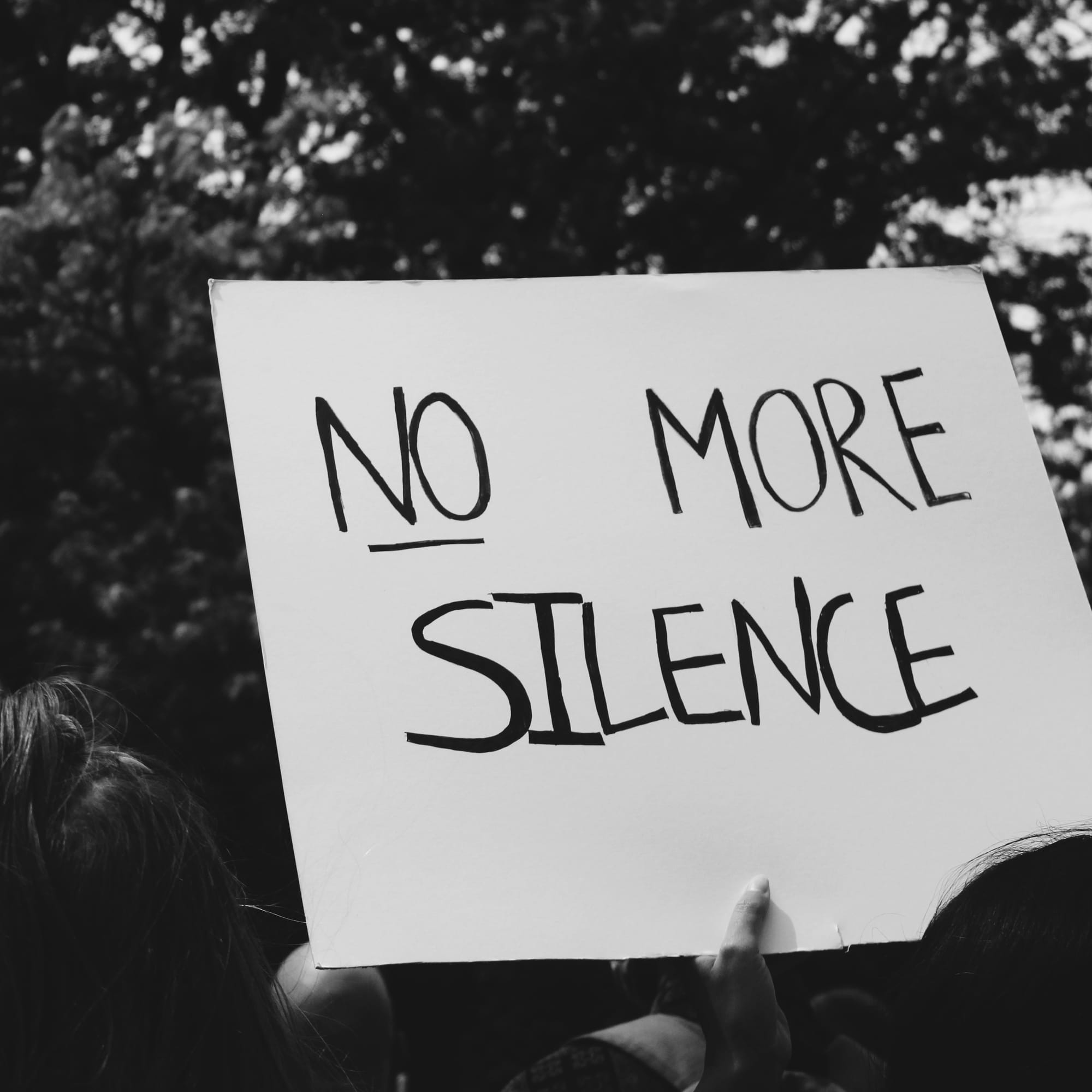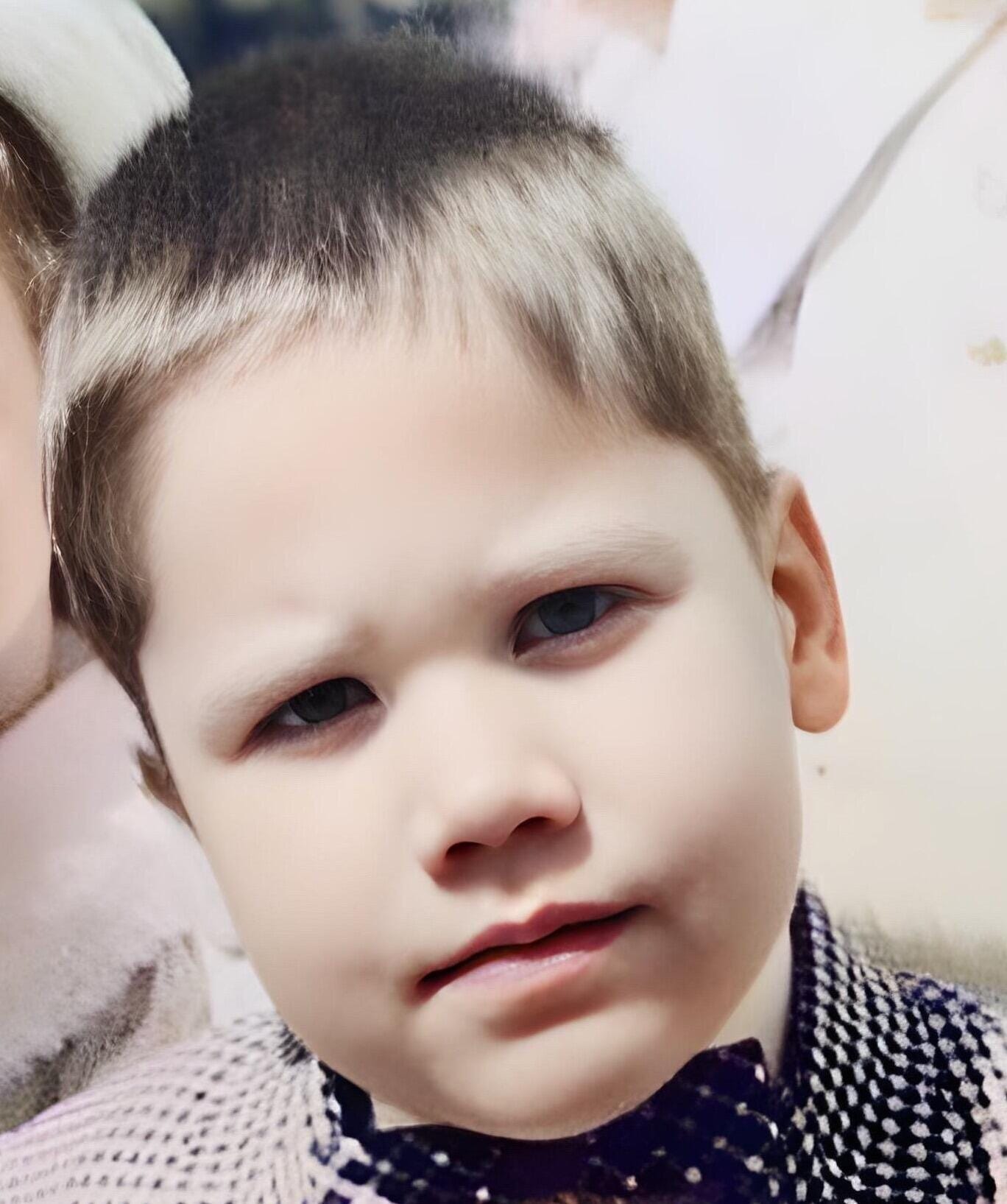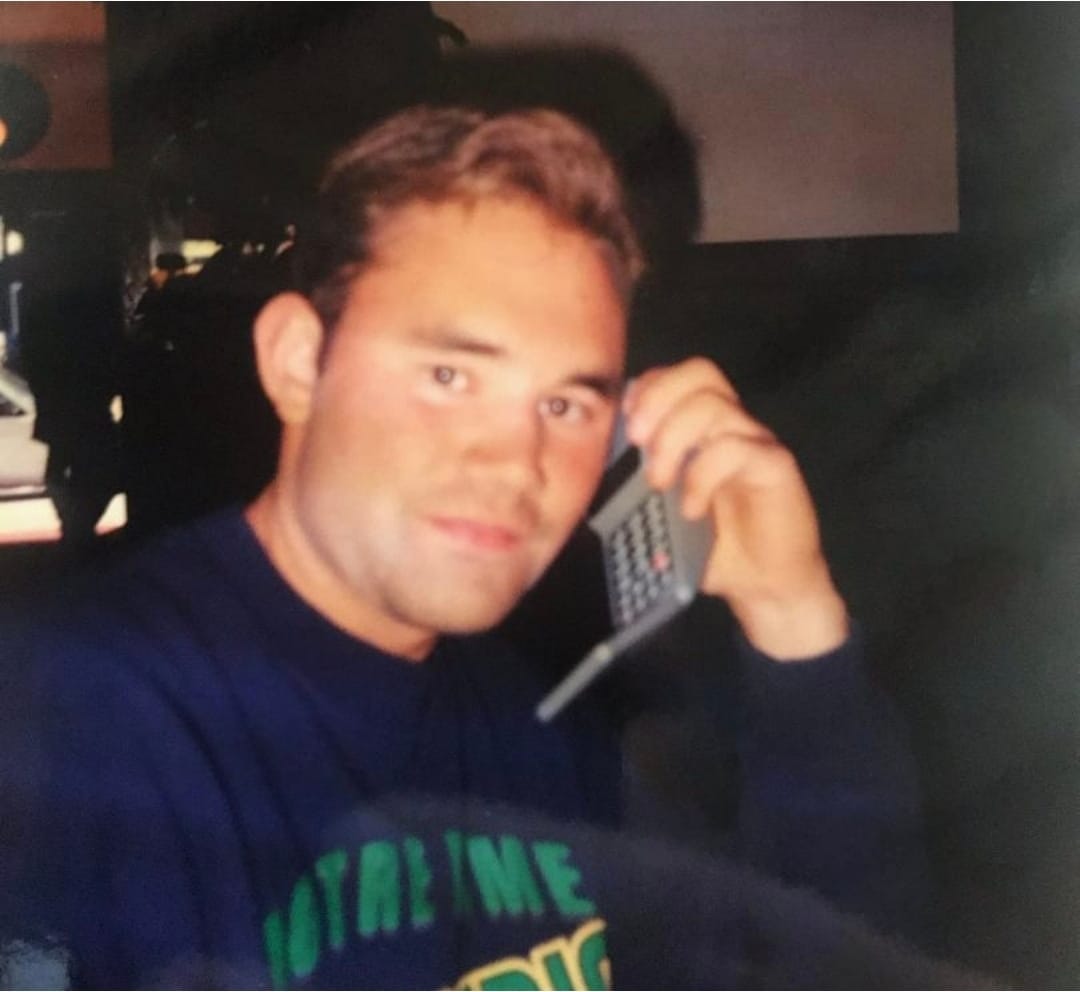Table of Contents
I’m not someone who easily forgives and forgets—especially when the wounds are deep, lifelong, and deliberately inflicted.
Many of us grew up in profoundly dysfunctional families, where complex trauma shaped our childhoods and deeply affected the rest of our lives. That we’ve survived at all is remarkable. It speaks to a fierce, stubborn will to endure against impossible odds. And we know, so painfully, that many founder in the wake of similar duress and never make it this far.
Survivors cope in countless ways. Some shut down, silencing themselves and burying memories. Others cling to the illusion that our caregivers truly loved us, despite overwhelming evidence to the contrary. And for those of us who remember—who cannot escape the truth—living with that reality is especially hard when other family members choose denial, forgiveness, or even reverence.
Most of my siblings (there were seven of us) have responded with forgetting. Sometimes a consequence of shutting down during or in the aftermath of abuse, it may even have been an automatic response. In some cases, Many have chosen forgiveness. Some even have chosen worship—casting my father, a mean “tough guy” cop, as a kind of superhero despite his wanton cruelty, violence, and abuse—emotional, physical, and sexual. At times, I have wondered whether I’m the only one who saw him clearly: a violent narcissist who preyed on others, including his own children. (Thankfully, he’s no longer with us.) I hear siblings long for my deceased mother’s affection, overlooking her complicity and the emotional abuse she dispensed. What they remember as love, I see as malignant codependency—an illusion that binds people to harm. It masqueraded at times as fondness, but it was anything but love.
As an adult, I don’t pretend to have all the answers. Healing, for me, has meant remembering—choosing not to bury what happened. It has meant drawing strength from fellow survivors, finding organizations like MenHealing and Taking Back Ourselves to be involved with, and working with a skilled therapist. Still, it is a constant struggle. Sadly, my relationships with my siblings are impaired because they either cannot remember or insist on forgetting. It is a struggle compounded by a society that seemingly demands, “just move on” or “get over it,” while idolizing narcissistic abusers who wear cruel toughness like a badge of honor and sometimes ascend to the highest offices. We live in a society more inclined to cover up sexual abuse and assault—or make jokes about it—than to confront its reality.
But I am resolute. I will not forget. I will not forgive. And I will never join the reverent worshippers.
Michael Crowley






